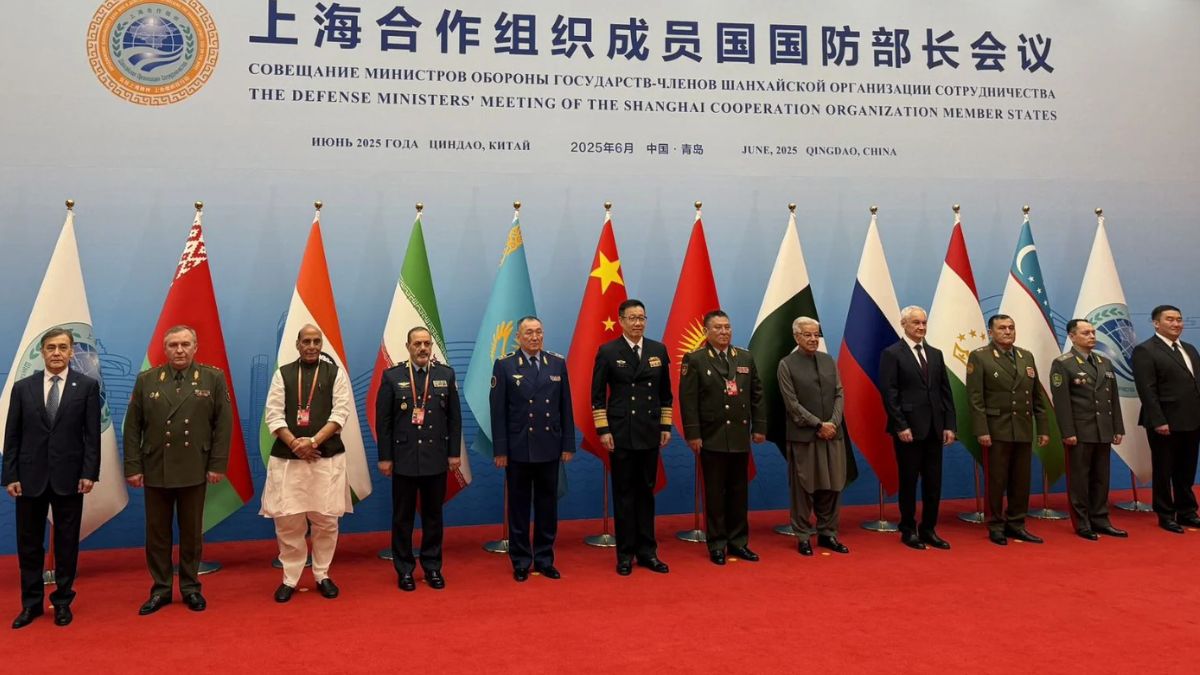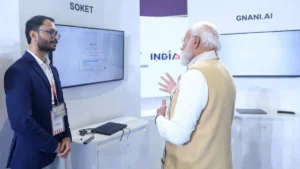At the 2025 Shanghai Cooperation Organisation (SCO) Summit in Qingdao, China, India’s Defence Minister made headlines by refusing to sign the joint statement at the Defence Ministers’ meeting. The draft omitted any reference to the Pahalgam terror attack, despite highlighting the Jaffar Express hijacking in Pakistan, prompting India to reject the final statement. This firm stance underscored India’s unwavering commitment to fighting terrorism and maintaining strategic autonomy, sending a strong signal to the international community.
Why in News?
India’s refusal to sign the SCO joint statement in June 2025 marks a significant diplomatic shift. The action spotlights India’s consistent zero-tolerance stance on terrorism and its readiness to stand alone within multilateral frameworks when core security concerns are diluted or ignored.
Understanding the SCO: Static & Background Facts
- Founded: 2001 (evolved from Shanghai Five, 1996)
- Members (2025): India, China, Russia, Pakistan, Kazakhstan, Kyrgyzstan, Tajikistan, Uzbekistan, Iran, Belarus
- Headquarters: Secretariat – Beijing, RATS (Regional Anti-Terrorist Structure) – Tashkent
Key Focus Areas
- Counter-terrorism
- Regional security
- Economic cooperation
India’s Strategic Calculations
- Refusal to sign reflects zero-tolerance for selective treatment of terror incidents.
- Strong message: Peace and terrorism cannot coexist.
- Contextually significant as it was the first Indian ministerial visit to China post the 2020 LAC standoff.
- India took a principled stand despite diplomatic pressure from dominant SCO players.
Implications for Regional Security
RATS has a record of effective coordination,
- Prevented 20 attacks (2011–2015)
- Facilitated arrests of extremist elements
- India’s move raises concerns about the credibility of SCO’s counter-terror commitments.
- Highlights fault lines in multilateral cooperation when national interests diverge.
China’s Influence & India’s Response
- China leveraged its position as 2025 SCO chair, excluded Pahalgam attack.
- Most SCO members back China’s Belt and Road Initiative (BRI), unlike India.
India also resisted,
- BRI endorsements (SCO 2023)
- BRICS currency basket (2023)
- India’s approach emphasizes issue-based engagement.
Strategic Autonomy in Action
- India engages in SCO, BRICS, Quad, G20 without being bound by any alliance.
- Strategy: Maximum engagement, minimum entanglement.
SCO is key for,
- Access to Central Asian energy and markets
- Security cooperation, especially against terrorism
Lessons for Counter-Terrorism Cooperation
True collaboration requires,
- Unified definitions of terrorism
- Honest acknowledgement of all terror acts
- Bilateral rivalries (India-Pakistan) often disrupt multilateral actions.
- Consensus model of SCO may hinder decisive action in critical areas.
Future Outlook
India likely to pursue,
- Selective engagement within SCO
- Active participation in functional areas (e.g., RATS)
- Continued stand on principled foreign policy
- Despite political challenges, SCO remains useful for India’s regional interests.



 PM Modi Unveils India AI Impact Expo 202...
PM Modi Unveils India AI Impact Expo 202...
 India To Hosts First-Ever Global South A...
India To Hosts First-Ever Global South A...
 Bharat Bodhan AI Conclave 2026 Kicks Off...
Bharat Bodhan AI Conclave 2026 Kicks Off...








